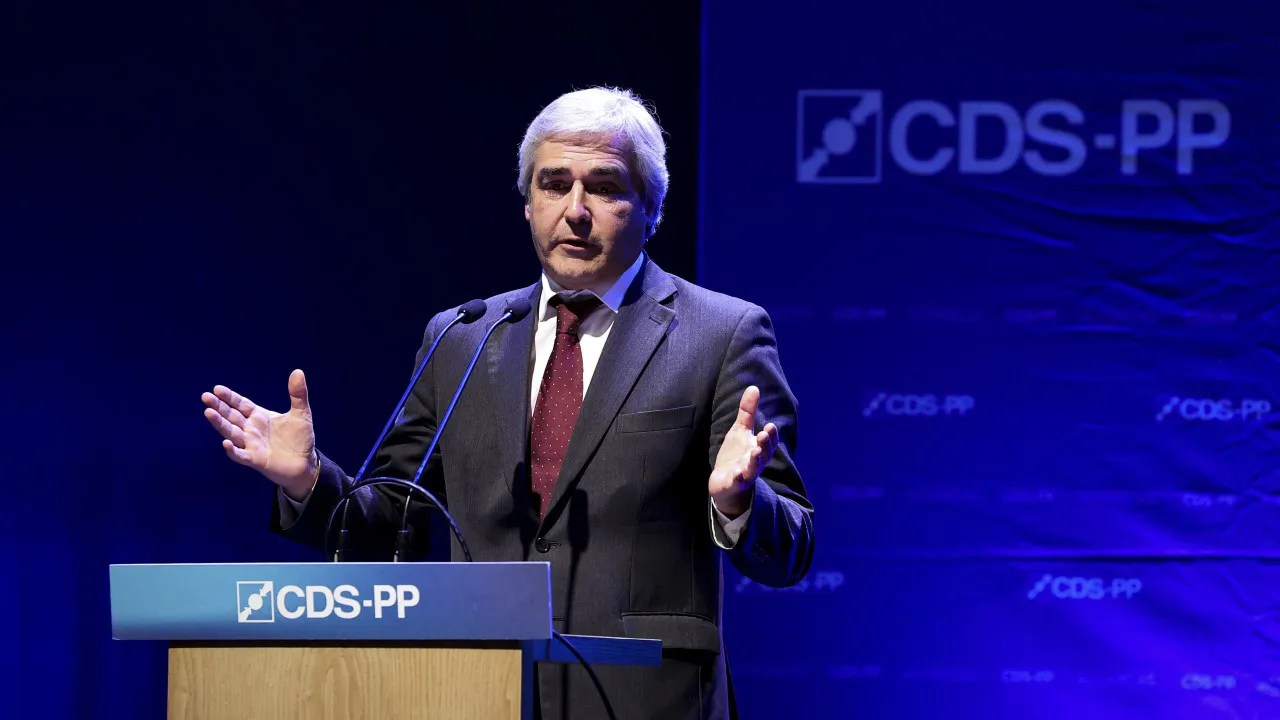According to data from the European Association of Automobile Manufacturers (ACEA), electric car sales reached a new record in 2022, growing by 28% compared to 2021 with over 1.1 million vehicles sold.
Despite achieving a record market share in the European Union in 2022, the growth in sales slightly slowed down.
Battery-electric vehicles saw a significant increase in market share, rising from 1.9% in 2019 to 9.1% in 2021 and further to 12.1% in the past year.
#Fuel types of new #cars in the EU: 🔋 battery #electric 12.1%, 🔌 plug-in hybrid 9.4%, ⚡ #hybrid 22.6% and ⛽ #petrol 36.4% market share full-year 2️⃣0️⃣2️⃣2️⃣
PRESS RELEASE: https://t.co/T3ypPWngW7#RoadToCarbonNeutrality pic.twitter.com/4t3bZxt9NK
— ACEA (@ACEA_auto) February 1, 2023
Hybrids powered by gasoline or diesel, which cannot be recharged, continued to grow in popularity, experiencing an increase of 8.6% and now accounting for 22.6% of total car sales with 2,089,653 units sold.
The sales of plug-in hybrids, which have both a combustion engine and a rechargeable electric motor, also increased with 874,182 vehicles sold, representing a 1.2% rise.
Combined sales of hybrid and all-electric vehicles surpassed those of gasoline cars in late 2021, accounting for 36.4% of total sales in 2022 with a decrease of 12.8%, totaling around 3.3 million vehicles sold.
The European Automobile Manufacturers’ Association (ACEA) projects a 5% increase in car sales in the European Union in 2023 compared to the previous year, reaching 9.8 million, however, this number is still lower than the figures before the COVID-19 pandemic.
“The market is expected to bounce back in 2023 despite the ongoing uncertainties,” stated Sigrid de Vries, the Director General of ACEA, in a press conference reported by AFP. In 2022, car sales reached 9.3 million units, a decrease of 10.4% compared to 2021 and the lowest in 30 years.




